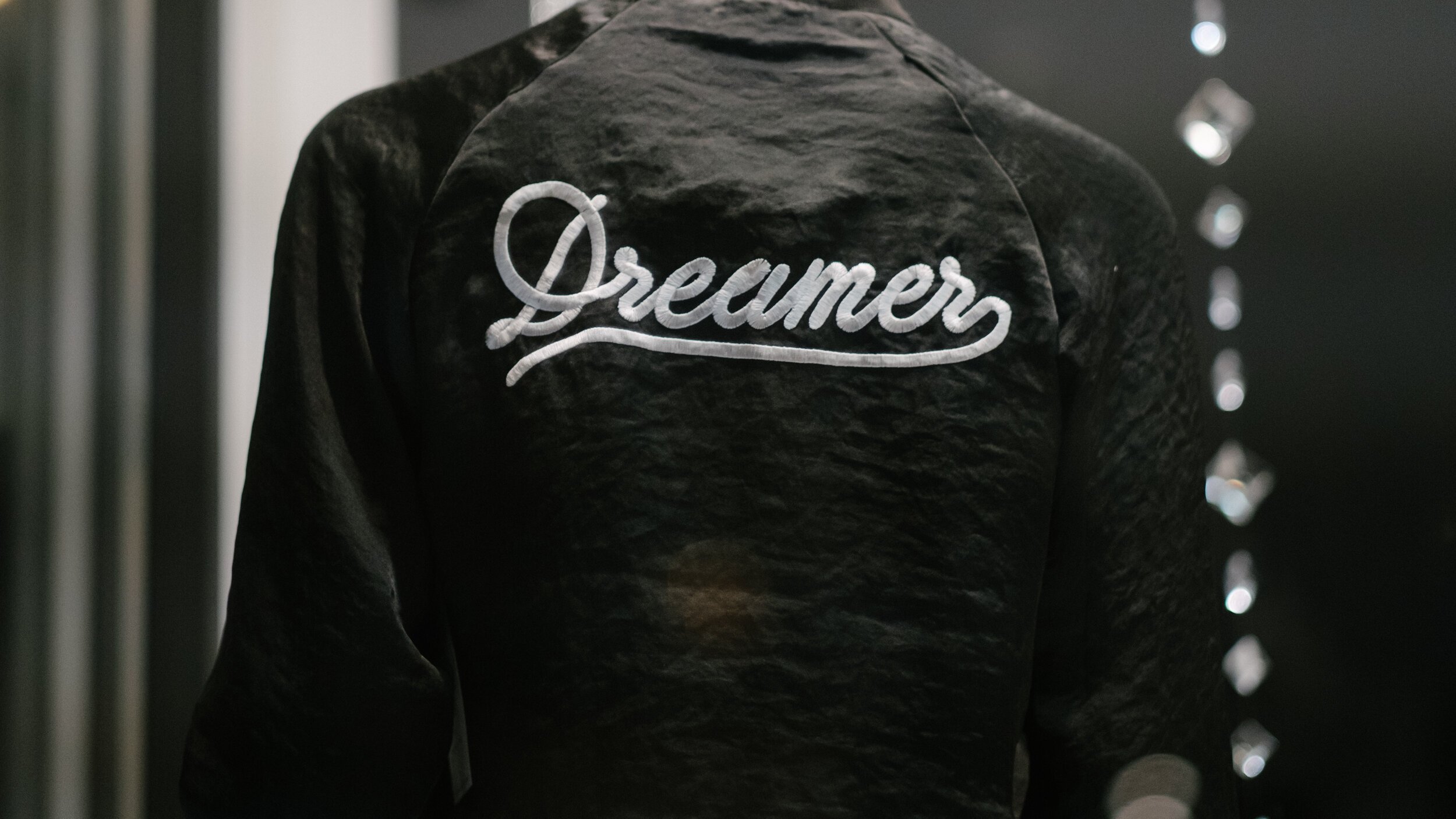Getting Around the Suspension of H-1b and L-1 Visas: National Interest Exceptions
Many foreign nationals know that on June 22nd, Presidential Proclamation 10052 was issued. The Proclamation suspends entry into the United States of applicants for certain visas, including (among others) H-1B, H-2B, L-1, and L-2 visas. It does not apply to applicants who were in the US on its effective date (June 24th) and who already had a valid visa in one of the classifications mentioned above. It is nonetheless a sweeping ban applicable to hundreds of thousands of nonimmigrants, which has resulted in multiple lawsuits being filed against the federal government to enjoin it.
Many foreign nationals know that on June 22nd, Presidential Proclamation 10052 was issued. The Proclamation suspends entry into the United States of applicants for certain visas, including (among others) H-1B, H-2B, L-1, and L-2 visas. It does not apply to applicants who were in the US on its effective date (June 24th) and who already had a valid visa in one of the classifications mentioned above. It is nonetheless a sweeping ban applicable to hundreds of thousands of nonimmigrants, which has resulted in multiple lawsuits being filed against the federal government to enjoin it.
In response to these lawsuits, on August 12th the government issued new guidance that includes expanded "national interest" exceptions to the Proclamation. This new guidance will presumably help many professionals and companies because it includes exceptions such as the following:
1. The applicant is seeking to resume ongoing employment in the US in the same position with the same employer and visa classification
2. The applicant is a technical specialist, senior level manager, or other workers whose travel is necessary to facilitate the immediate and continued economic recovery of the US
3. The wage rate paid to the H-1B applicant meaningfully exceeds the prevailing wage rate by at least 15%
4. The H-1B applicant’s education, training and/or experience demonstrate unusual expertise in the specialty occupation in which the applicant will be employed
5. The applicant’s proposed job duties or position within the petitioning company indicate the individual will provide significant and unique contributions to an employer meeting a critical infrastructure need
6. Denial of the visa pursuant to the Proclamation would cause financial hardship to the US employer
However, in practice it will be difficult for a foreign national to benefit from a national interest exception. In order to do so, they must be able to get over the hurdles of (1) successfully scheduling an emergency appointment at the applicable US consulate abroad during a pandemic that has resulted in extremely limited visa services, and (2) successfully arguing that they qualify for an exception in the face of consular officers who have unchecked discretion to approve or deny these applications. Furthermore, the new guidance in conjunction with the Proclamation itself constitute an attempt by the executive branch to circumvent the legislative procedure and create new statutory requirements for H-1b and L-1 visas. These issues will result in lawsuits continuing to move forward against the federal government, which may result in an injunction on the Proclamation itself. Stay tuned . . .
. . . and in the meantime, contact us for help at theteam@huwelaw.com or 415-496-9040.
Judge Bars Enforcement of Immigration Public Charge Rule During Pandemic
On Wednesday, July 29th, a federal judge in the US District Court for the Southern District of New York issued a nationwide injunction barring USCIS from enforcing the "public charge" rule for as long as the COVID-19 pandemic remains a public health emergency.
UPDATE #2: Per a September 2020 court order, the public charge rule may now be enforced nationwide, during the pandemic, until further notice.
UPDATE: The Second Circuit Court of Appeals issued a ruling on August 12th limiting the District Court’s Order discussed below to Vermont, Connecticut, and New York only. Therefore enforcement of the public charge rule is currently barred in those states only. USCIS may enforce the rule in all other states. Stay tuned for further updates.
We have rare positive news for those seeking permanent residency in the US:
On Wednesday, July 29th, a federal judge in the US District Court for the Southern District of New York issued a nationwide injunction barring USCIS from enforcing the "public charge" rule for as long as the COVID-19 pandemic remains a public health emergency. Both United States Citizenship and Immigration Services (USCIS) and the United States Department of State (DOS) have since announced that they will comply with the injunction.
This means that as long as the injunction remains in effect and there is a declared national health emergency, neither DOS consular nor USCIS officers will enforce any part of the public charge rule.
Please check back in for updates, as this is a fluid situation.
We are fully operational virtually and here to help! Contact us at theteam@huwelaw.com or 415-413-8760 for assistance in applying for a green card.
The Confusing State of DACA
Update from the Department of Homeland Security ("DHS") Acting Secretary Chad Wolf issued a memo…
UPDATE: As of December 7, 2020, to comply with a recent court order, DHS has restored DACA to its original form and is now accepting new DACA and advance parole applications. Please contact us today at theteam@huwelaw.com or 415-849-1199 for assistance!
On Tuesday, July 28th, Department of Homeland Security ("DHS") Acting Secretary Chad Wolf issued a memo instructing DHS to:
Reject all initial requests for DACA and associated applications for Employment Authorization Documents,
Reject new and pending requests for advanced parole absent exceptional circumstances, and
Limit the period of renewed deferred action granted pursuant to the DACA policy after the issuance of this memorandum to one year.
This announcement was made despite recent US Supreme Court and federal district court orders instructing the federal government to reinstate the DACA program as it was initially designed and to again accept DACA applications for initial applicants.
Due to the federal government's apparent defiance of these court orders, DACA is currently in a limbo state. Class action lawsuits have been brought on behalf of initial DACA applicants whose applications will now be rejected.
What does this announcement mean in practice?
If you are an initial applicant for DACA, or a DACA recipient who has recently applied for advance parole, your applications will likely be rejected and returned to you. Pending litigation may result in the applications eventually being accepted, but only time will tell.
If you are in this situation, you may have other options under immigration law. Contact us at theteam@huwelaw.com or 415-849-1199 to find out if we can help.
Can a Foreign National Working in the US Apply for Unemployment?
Many of our clients have reached out to ask whether it is okay for them to apply for unemployment during this uncertain economic time. They are understandably worried that doing so could negatively affect their current immigration status or applications for future benefits.
Many of our clients have reached out to ask whether it is okay for them to apply for unemployment during this uncertain economic time. They are understandably worried that doing so could negatively affect their current immigration status or applications for future benefits.
Immigration law is complex and fact dependent. However the good news is that in general a foreign national working in the US can apply for unemployment without triggering negative immigration consequences.
The key is that the foreign national must be eligible for unemployment under all applicable rules where they reside. They must be legally entitled to receive the benefit under federal law, as well as local and state law in their jurisdiction. If this is the case, then applying for or receiving unemployment benefits should not negatively impact current or future immigration applications.
Of course there are caveats and nuances involved. If you are struggling to decide what to do in your specific situation, please contact us at theteam@huwelaw.com or 415-413-8760 to schedule a legal evaluation. We are here to help!
We Support our Essential Immigrant Workers
The U.S. economy is largely built on immigrants. Immigrants make up a significant percentage of workers in a range of industries, including those that are essential during a pandemic.
The U.S. economy is largely built on immigrants. Immigrants make up a significant percentage of workers in a range of industries, including those that are essential during a pandemic.
Over 33% of all farmers, fishermen, and forestry workers are immigrants. Over 3 million immigrants work in the accommodation and food services industries. And more than 4 million immigrants work in the healthcare and social services industries.
To learn more, visit https://www.americanimmigrationcouncil.org/research/immigrants-in-the-united-states?emci=a3df6c49-1b8b-ea11-86e9-00155d03b5dd&emdi=a77d2ecf-bd8b-ea11-86e9-00155d03b5dd&ceid=4520155.
Hurtubise Weber Law stands with our essential immigrant workers, sending gratitude for all that they do.
















